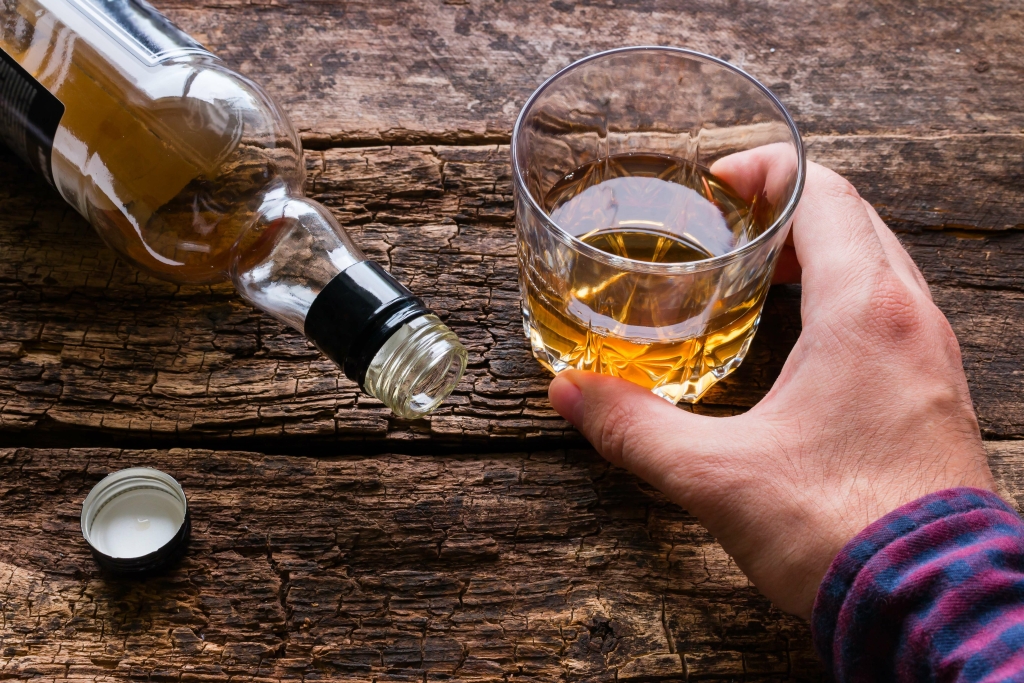Use your journaling and self-awareness to identify and organize triggers into these categories. Self Recovery is a private, science-based, online addiction recovery program. 14 real quotes about recovery from addiction – hopeful insights from people who found healing through Self Recovery. Discover how anger and addiction are deeply connected, and why recovery means understanding the unconscious forces driving your behavior. We don’t want to wait until after a relapse to start planning what to do next. Like with anything, the more you rehearse and prepare ahead of time, the better your chances of interrupting a relapse and getting back on track.

What to Do After Identifying your Triggers in Addiction?
Resume recovery activities immediately, including support groups and therapy sessions. Resist “abstinence violation effect” thoughts like “I’ve ruined everything” that can transform a single slip into a full relapse. Most importantly, view this experience as valuable information about your recovery needs rather than a failure or character flaw. At 12 South Recovery, our treatment programs for alcohol, opioids, stimulants, and other substances incorporate thorough relapse prevention planning.
Common Relapse Triggers to Avoid
Successful long-term recovery depends on building resilience through therapy, medication when appropriate, and daily habits that reinforce sobriety. Relapse does not indicate failure but signals that treatment approaches require adjustment or additional support. Once they’re identified, building a plan around them is the next step. That might mean avoiding certain places, having a trusted contact to call when a craving hits, or developing calming techniques like meditation or exercise. Structured treatment programs often provide https://patra.co.il/ketamine-addiction-signs-symptoms-effects-and-help/ the foundation for this planning as they include relapse prevention training and life skills development. An addiction trigger is a factor, event, or feeling that sets off the need or compulsion for addictive behavior.
Social Pressure
- A person might use alcohol or drugs as a way to cope with sadness or stress, as these substances temporarily numb those feelings.
- Mindfulness techniques, like meditation or grounding exercises, can help you stay in the present moment and reduce the power of cravings.
- Each person has different addiction triggers, and identifying them is an essential part of maintaining recovery.
- Recognizing and addressing these common relapse triggers allows for proactive management, thus reducing the likelihood of reverting to substance use.
- The researchers concluded that avoiding people, places and objects that recall former substance abuse is crucial to maintaining recovery.
Feeling overwhelmed or unusually negative can signal internal triggers related to stress or unresolved emotional issues. A way to manage these external triggers is to have a support system of friends and family members who are encouraging and help you address challenges that come your way. Below are some common internal and external triggers that you may face after leaving a recovery center. It is important to note that these are not all the possible triggers you could face.

Substance Abuse Treatment

When you see drug addiction a doctor or mental health specialist, let them know that you are in recovery. Insisting on non-addictive prescriptions and alternatives to medication can help eliminate a potential source of triggers. Do your best to plan meals, engage in mindfulness, seek out social support and stick to a regular sleep schedule.
- 5) People think that they have a better understanding of drugs and alcohol and, therefore, think they should be able to control a relapse or avoid the negative consequences.
- Northern Illinois Recovery Center can provide more information on the different types of relapse triggers and managing them.
- Individuals are encouraged to be completely honest within their recovery circle.
- But with that added income, there will most likely be added pressure to perform, leading to more stress.
- Understanding common relapse triggers and developing effective strategies to avoid them is crucial for long-term success in recovery.
Clients need to understand that one of the benefits of going to meetings is to be reminded of what the “voice of addiction” sounds like, because it is easy to forget. Clinicians can distinguish mental relapse from occasional thoughts of using by monitoring a client’s behavior longitudinally. types of relapse triggers Warning signs are when thoughts of using change in character and become more insistent or increase in frequency. However, the danger comes in when you fail to recall the pain points and suffering caused by your addiction.
Without a plan in place, the urge to numb out can feel like the only option. Keep in mind that while these are popular coping mechanisms, they might not work for everyone. Take the time to figure out what works best for you as part of your personal recovery journey. You might be worried that this distraction tactic might come across as rude if you’re out in public.
- In recent experiences, drug and alcohol abuse after practicing abstinence, heightens an individuals chances of overdosing.
- Seeking advice and support from therapists or trusted individuals further strengthens trigger management efforts.
- All information is provided for informational purposes only and is not a substitute for professional medical advice.
- Talk to your friend or family member about their feelings and experiences.
Otherwise, you will be putting yourself at risk while exposing yourself to high-risk situations. Now that you’ve identified your triggers and learned coping techniques, make them part of your daily routine. Incorporate practices like mindfulness, regular physical activity, journaling about triggers, and seeking professional counseling to strengthen your emotional well-being. These resources are designed to help you stay on track and feel supported throughout your recovery journey. When a trigger appears, acknowledge it by thinking, «This is just a craving.» Then, remind yourself of your sobriety goals and redirect your attention.
